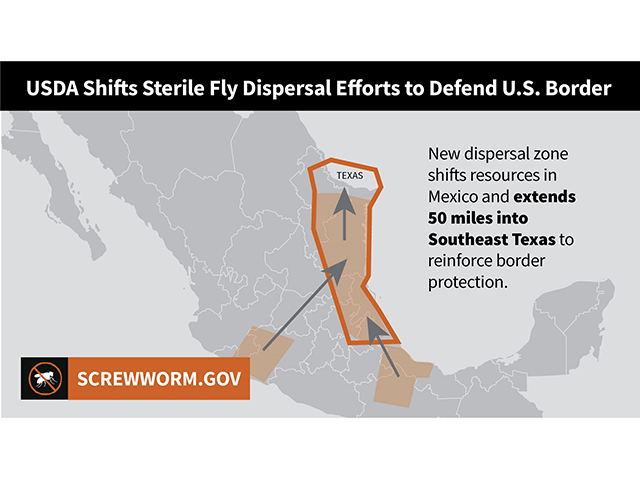SC Republicans to Appeal Redistricting Case to Supreme Court
COLUMBIA, S.C. (AP) -- A federal appeals court has denied South Carolina Republicans' motion for a stay in the ongoing challenge over the state's congressional district map.
Leading GOP lawmakers will now take their case to the U.S. Supreme Court in attempt to avoid redrawing the map that a three-judge federal panel last month deemed unconstitutional as a discriminatory racial gerrymander.
The judges ruled in early January that the boundaries passed last year by the Republican-dominated state Legislature marked an intentional splitting of Black voters in South Carolina's 1st District, which runs from Charleston to Hilton Head Island.
P[L1] D[0x0] M[300x250] OOP[F] ADUNIT[] T[]
The Feb. 4 order postponed the date by which new maps may be presented. If the Supreme Court takes the case and affirms the federal panel's ruling, the state's coastal 1st District will not be redrawn until 30 days after the high court's final decision. The panel had previously ordered lawmakers to submit new maps by the end of March.
Political control over the seat has seesawed in recent elections. In 2018, Joe Cunningham became the first South Carolina Democrat to flip a U.S. House seat in 30 years. But Republican Nancy Mace beat Cunningham by just over 1 percentage point in the following cycle, and won reelection this past November by 14 percentage points under the new district lines.
After the new congressional maps were approved, civil rights groups swiftly filed a lawsuit charging the state Legislature with choosing "perhaps the worst option of the available maps" for Black voters.
The Jan. 6 ruling found that map drawers violated federal law by using race to achieve the partisan goal of making the 1st District safer for Republicans. The judges wrote that GOP legislative leaders pulled Black voters out of the 1st District and packed them into the 6th District -- where Rep. Jim Clyburn, the only Democrat currently in the state's congressional delegation, has served for 30 years.
In a Jan. 27 motion for a stay, lawyers for the state House, Senate and State Election Commission argued that the decision failed "to disentangle race from politics." The lawyers wrote the civil rights groups failed to prove race was the "predominant consideration" for the map makers. Instead, the lawyers reiterated, the GOP-led General Assembly passed maps that sought to maintain the state's 6-1 split of Republicans to Democrats and protect incumbents.
"(T)he Enacted Plan limits the ability of all Democrats -- African American and white -- to form a winning political coalition in District 1," the lawyers wrote.
During the eight-day trial in late November 2022, civil rights' groups lawyers presented testimony from experts whose data showed the maps were racially discriminatory. In a Feb. 3 filing opposing the motion to stay, the lawyers argued that the maps still treated Black voters differently than white voters of the same political party.
Because the panel found that African Americans' fundamental voting rights had been violated, the judges said they would not grant a stay -- which would have lifted their ban on any new elections before a new map had been adopted.
"The Court has every hope and expectation that the appeal process can be completed and a remedial plan adopted before the 2024 primary and general elections," the judges wrote. "However, on the outside chance the process is not completed in time for the 2024 primary and general election schedule, the election for Congressional District No. 1 should not be conducted until a remedial plan is in place."



